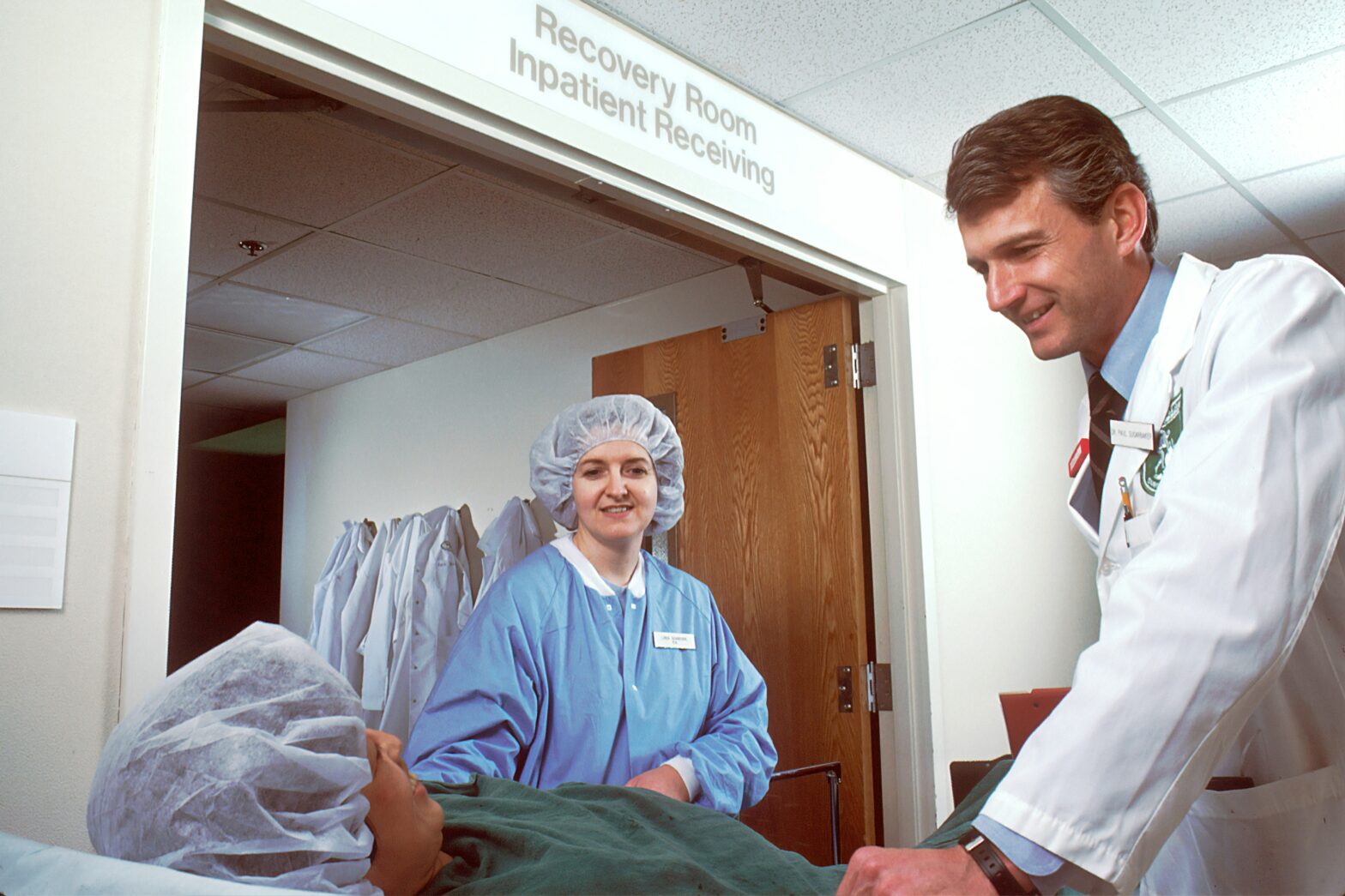In today’s fast-moving healthcare world, nursing is more than just a job. It’s a lifelong learning journey. Nurses need to keep up with new treatments, medical technology, and patient care standards. That’s why continuous education is so important. Whether you’re a nurse looking to grow your skills, or a hospital manager wanting to improve staff quality, this guide explores all the best continuous education opportunities for nurses. Why Continuous Education Is Important for Nurses Before we explore the options, let’s understand why continuous education matters: Keeps knowledge up to date: Medical practices evolve fast. Education helps nurses stay current. Improves patient care: Better-educated nurses deliver better care. Boosts career growth: More certifications often lead to promotions or new roles. Meets license renewal requirements: Many countries require ongoing learning to maintain licenses. Builds confidence: Continuous learning enhances problem-solving and leadership skills. 1. Online Courses and Webinars Thanks to the internet, nurses can now study from anywhere at any time. Popular Online Learning Options: Coursera (partnered with top universities) edX (Harvard, MIT) Nurse.com Medscape CME American Nurses Association (ANA) learning center Topics Offered: Patient safety Infection control Pediatric care Emergency nursing Mental health Benefits: 2. Certification Programs Specialty certifications are a great way for nurses to go deeper into a particular field. Top Nursing Certifications: CCRN – for critical care nurses CEN – emergency nursing CNOR – operating room nurses CPN – pediatric nurses ONC – oncology nurses Benefits: 3. Advanced Degree Programs Getting an advanced degree opens the door to leadership and advanced clinical roles. Common Programs: BSN – Bachelor of Science in Nursing (for diploma or ADN nurses) MSN – Master of Science in Nursing DNP – Doctor of Nursing Practice PhD in Nursing – for research and teaching Advantages of Higher Degrees: 4. Hospital-Based Training and Workshops Many healthcare facilities offer internal education programs. Examples: Simulation labs Skill refreshers Emergency response training IV insertion workshops Infection prevention protocols Why Choose In-House Training: Tailored to your hospital’s needs Team-based learning Immediate feedback from supervisors Usually free for employees 5. Conferences and Nursing Seminars Professional nursing events offer valuable learning and networking. Key Benefits: Hear from top nursing leaders Learn new clinical techniques Explore the latest equipment and technology Connect with nurses from around the world Well-Known Conferences: American Nurses Association Annual Conference International Council of Nurses Congress National Student Nurses’ Association Convention Specialty-focused events (e.g., Critical Care Expo) 6. Continuing Education for License Renewal Each country or state may have different rules for license renewal. Examples: United States: RNs must complete CEUs every 2–3 years Canada: Many provinces require self-directed learning UK: Nurses need 35 hours of CPD (Continuing Professional Development) every 3 years UAE: Nurses need a fixed number of CME hours annually Tips: 7. Nursing Mentorship Programs Learning from experienced nurses can be just as valuable as formal education. How Mentorship Helps: Real-world advice and feedback Emotional support and encouragement Career planning guidance Learning best practices and shortcuts Where to Find Mentors: Hospital mentorship initiatives Nursing associations Online platforms like LinkedIn Professional Facebook groups 8. Scholarships and Financial Support Education can be expensive, but many options are available to reduce the cost. Sources of Financial Aid: Employer tuition reimbursement Nursing school grants Government scholarships Nursing association programs Example Scholarships: Johnson & Johnson Nursing Scholarships DAISY Foundation scholarships AACN scholarships for graduate students 9. Self-Directed Learning and Reading Sometimes, continuous education doesn’t need a classroom. Self-Education Tools: Medical journals and blogs Podcasts (like Nurse Talk) YouTube clinical skills tutorials Case studies Popular Topics: 10. International Nursing Education Opportunities Nurses who want a global perspective can take courses abroad or join international programs. Benefits: Exposure to different healthcare systems Cross-cultural communication skills Improved job prospects in global health settings Opportunities: WHO-sponsored training Red Cross international courses Short-term training programs in Canada, Australia, or the UK 11. Continuing Education for Nurse Managers If you’re a nurse leader, you also need to upgrade your skills regularly. Relevant Topics: Team management Conflict resolution Budgeting in healthcare Leadership development Course Options: 12. Emerging Trends in Nurse Education New methods are shaping the future of nurse training: Trends to Watch: These tools make learning more engaging and interactive for modern learners. How Hospitals and Healthcare Managers Can Support Nurse Education If you’re a hospital manager or clinic owner, here’s how to help your nurses grow: Ways to Encourage Continuous Learning: A well-educated nursing staff boosts patient outcomes, improves retention, and builds your facility’s reputation. Final Thoughts Continuous education is not just a requirement—it’s an opportunity. Whether you’re a nurse starting your career, a seasoned professional, or a hospital manager, investing in nursing education leads to better care, more confidence, and stronger healthcare systems. From online courses to advanced degrees and mentorship, the options are vast. Start exploring today, and take your nursing journey to the next level.

